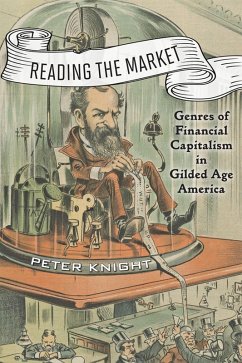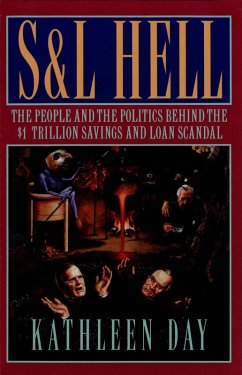
Notes on Railroad Accidents (eBook, ePUB)
Uncovering the Dangers of 19th Century Railways
Versandkostenfrei!
Sofort per Download lieferbar
0,49 €
inkl. MwSt.
Weitere Ausgaben:

PAYBACK Punkte
0 °P sammeln!
In "Notes on Railroad Accidents," Charles Francis Adams meticulously examines the growing phenomenon of railroad accidents during a period of rapid industrialization in the United States. This comprehensive work blends detailed empirical analysis with a narrative style that is both accessible and richly informative. Adams employs a systematic approach, utilizing tables, diagrams, and firsthand accounts to illustrate the frequency, causes, and consequences of these incidents, placing them in the broader context of American society's relationship with the burgeoning railroad network. His keen ob...
In "Notes on Railroad Accidents," Charles Francis Adams meticulously examines the growing phenomenon of railroad accidents during a period of rapid industrialization in the United States. This comprehensive work blends detailed empirical analysis with a narrative style that is both accessible and richly informative. Adams employs a systematic approach, utilizing tables, diagrams, and firsthand accounts to illustrate the frequency, causes, and consequences of these incidents, placing them in the broader context of American society's relationship with the burgeoning railroad network. His keen observations not only reveal the technological and procedural failures that contributed to these disasters but also highlight the human cost and associated legal ramifications. As a prominent figure in American history and a member of the renowned Adams political family, Charles Francis Adams's background as a railway executive and a friend to many influential figures of the era undoubtedly informed his perspective. With a deep commitment to social justice and an understanding of the intersection of technology and human welfare, Adams's insights reflect a pressing concern for public accountability and safety in the rapidly changing industrial landscape. For those interested in the historical evolution of transportation, safety regulation, or the socio-economic implications of American industrialization, "Notes on Railroad Accidents" is an invaluable resource. Adams'Äôs blend of rigorous analysis and moral questioning invites readers to consider not only the developments of the past but their relevance to contemporary issues in public safety and regulation.
Dieser Download kann aus rechtlichen Gründen nur mit Rechnungsadresse in A, B, BG, CY, CZ, D, DK, EW, E, FIN, F, GR, H, IRL, I, LT, L, LR, M, NL, PL, P, R, S, SLO, SK ausgeliefert werden.













